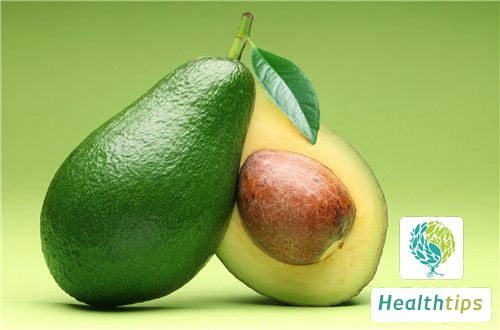What Are the Benefits and Effects of Charcoal-Roasted Areca Catechu?
Betel nut, often referred to as a natural chewing gum, is edible in many regions of southern China, where many individuals enjoy chewing it regularly. Apart from being a delicacy, betel nut also finds its use in traditional medicine, with charred betel nut serving as an ingredient in various herbal remedies. Understanding the primary benefits and actions of charred betel nut is essential for its proper utilization. Let's delve into its functionalities and potential risks.

I. Benefits and Actions of Charred Betel Nut:
(1) It is a medicinal herb and one of the four major southern herbs in China. Pharmacologically, it possesses significant medicinal properties, such as killing parasites, dispelling stagnation, regulating qi flow, and promoting water metabolism. Consequently, it can be used to treat diarrhea and drive out worms. Additionally, it enhances gastrointestinal motility, aids in digestion and gas expulsion, strengthens intestinal contractility, and has topical applications, primarily in the treatment of glaucoma. Other benefits include its diuretic, hypnotic, and anticonvulsant effects.
(2) However, it also carries side effects, necessitating caution in consumption. Excessive use of betel nut can be carcinogenic and may lead to symptoms like salivation and vomiting.
II. Hazards and Contraindications of Charred Betel Nut:
1. Betel nut can induce carcinogenesis. Chewing betel nut can lead to tooth discoloration, erosion, loosening, gingival atrophy, and other periodontal diseases. It can also cause submucosal fibrosis and leukoplakia of the oral mucosa, ultimately increasing the risk of oral cancer. According to medical statistics, individuals who chew betel nut are 20 times more likely to develop oral cancer than the general population.
2. Contraindications: Betel nut is carcinogenic in nature. Excessive intake of betel nut alkaloids can cause salivation, vomiting, urination, drowsiness, convulsions, and even symptoms such as chest tightness, sweating, dizziness, and shock. It should not be swallowed. Pregnant women are advised against its use as it can slow fetal development, lead to developmental abnormalities, and malformations. Children, the elderly, and individuals with throat or intestinal disorders are also discouraged from consuming it.
3. Smoking and chewing betel nut together can increase the risk of oral and throat cancer.



















